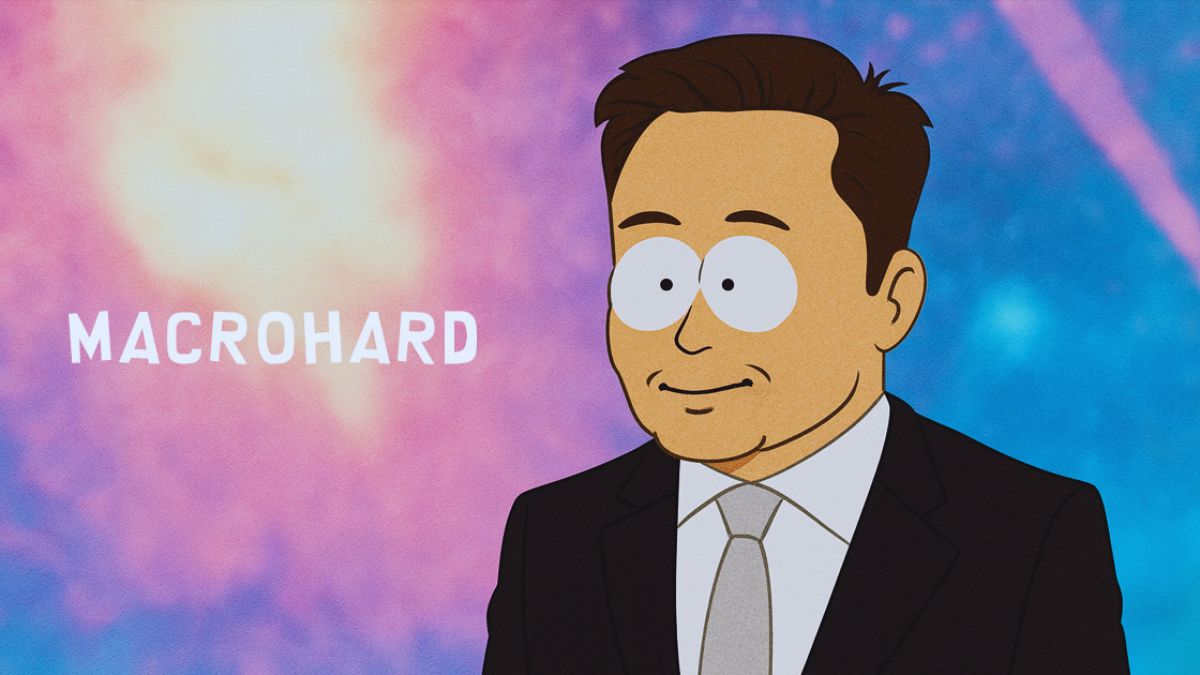Elon Musk Launches Macrohard: An AI Company to Rival Microsoft
Elon Musk, the CEO of Tesla and founder of xAI, has officially announced the launch of a new company named Macrohard, a real project aimed at challenging Microsoft’s dominance in the software world by leveraging artificial intelligence (AI) in unprecedented ways. Musk revealed the initiative through his X account (formerly Twitter), explaining that since companies like Microsoft do not produce hardware themselves, it should be theoretically possible to replicate their entire software ecosystem purely through the AI intervention.
The ambitious plan of launching Macrohard revolves around building a vast network of specialized AI agents capable of coding, generating, and interpreting text, images, and video, and even interacting within virtual machines to deliver outputs that are unrecognizable from human-created work. Musk, who has trademarked the name ‘Macrohard‘ with filings covering a wide range of AI services – from text and speech generation to software development and video game creation. He has self-admittedly stated that while the name itself is humorous, the project is completely serious.
He has openly called upon engineers to join xAI in order to bring Macrohard to life, framing it as a massive ‘macro challenge’ in the history of computing. The foundation of this project lies in a multi-agent AI architecture, where Grok, xAI’s chatbot, would deploy hundreds of specialized agents working collaboratively to perform tasks like programming, debugging, testing, and creative generation. These agents would evaluate each other’s work and adapt dynamically, eventually building software ecosystems at scale.
Supporting this vision, Musk’s xAI is expected to rely heavily on Colossus 2, one of the largest supercomputers of the world, powered by millions of Nvidia GPUs (Graphics Processing Unit) to provide the necessary muscle needed for carrying out such complex agent networks. Musk’s announcement comes at a time of both rivalry and fragile collaboration with Microsoft. He has repeatedly criticized the company’s close relationship with OpenAI, even pulling the Satya Nadella led Microsoft into his lawsuit against OpenAI for allegedly abandoning its nonprofit mission.
Yet, despite this friction, Musk’s Grok 3 models were recently integrated into Microsoft’s Azure AI platform, and he even shared a public discussion with CEO Satya Nadella earlier this year, showing that their interests still intersect. However, Musk continues to promote his AI as superior, insisting that Grok 4 already outperforms rival models and hyping the upcoming Grok 5 as a major leap forward.

Meanwhile, Microsoft, deeply invested in OpenAI, has been embedding AI across its product ecosystem through Copilot in Windows, and cloud services, setting up an increasingly intense competition between the two visions of the AI-powered future. If Macrohard succeeds, the implications could be revolutionary: drastically reducing the cost, time, and human labor associated with software development while enabling AI systems to produce enterprise-grade applications.
This could disrupt Microsoft’s decades of dominance and potentially democratize software creation for businesses and individuals alike. Yet, the hurdles remain formidable, from overcoming trust barriers among enterprise clients who rely on Microsoft’s robust ecosystem to solving the technical complexity of managing hundreds of AI agents in real time. Whether it becomes a true disruptor or remains one of Musk’s ambitious experiments, the venture highlights his relentless push to position AI as the defining force of the next technological era.